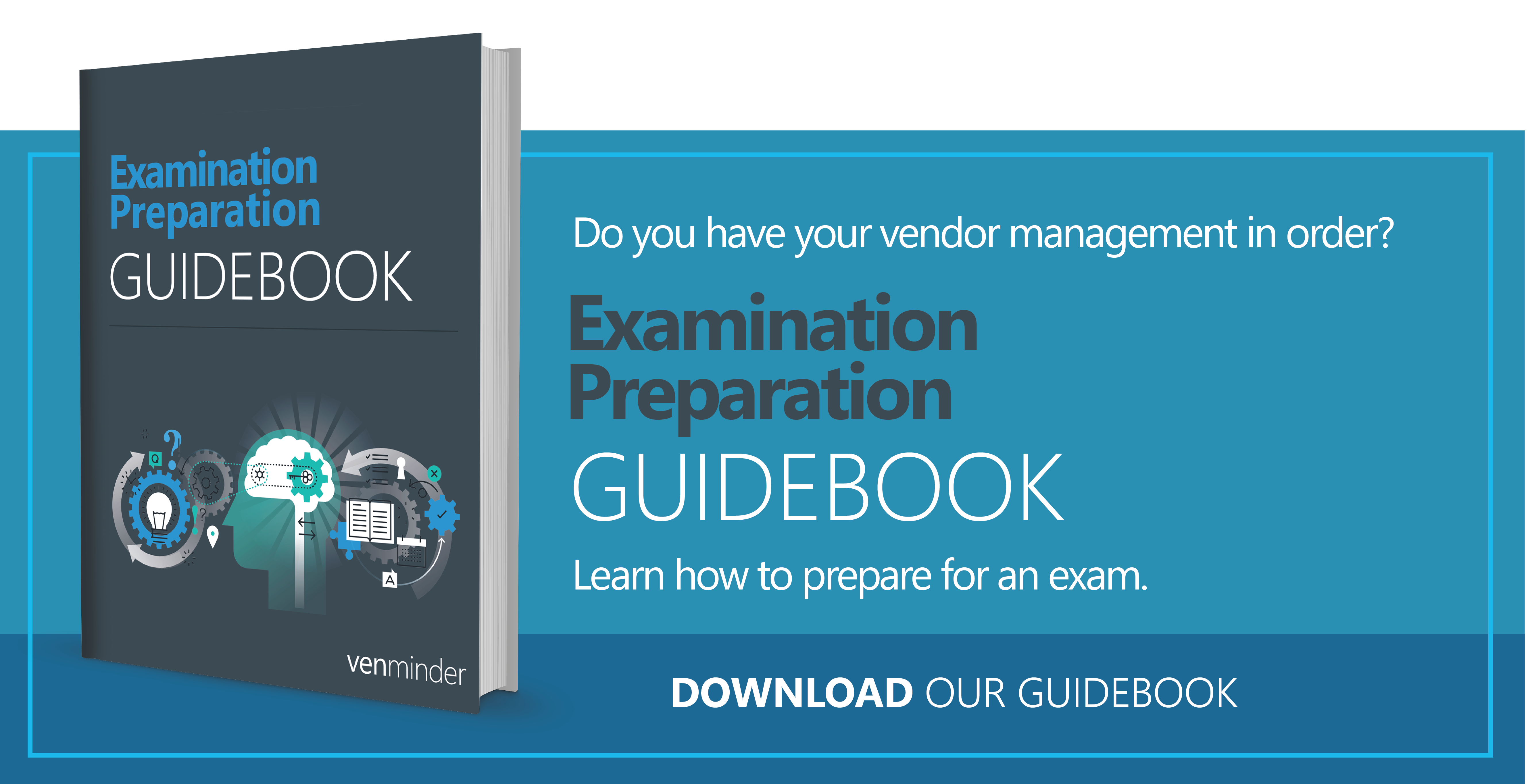At the conclusion of any examination or audit, there are always some open items. No one truly enjoys having a detailed re-hashing of areas of concern, but it’s an important conversation to have.
I’ve learned, quite painfully, that all open items need to be addressed. Audits provide excellent information as to weaknesses or, perhaps, even potential stumbling blocks, so you need to ensure that all items are fully addressed.
The 6 Reasons to Follow Up
It's easy to lose sight of exam items post-audit as you return to normal business activities, but here are a few things to consider:
- An item that is left unresolved gives rise to a repeat finding and potentially more serious consequences. Look at the North Dade Community Development Federal Credit Union enforcement action from a couple of years ago where they were given numerous opportunities to address and correct a situation. Western Union is another great example. In their massive enforcement action, it was clear they had numerous opportunities to address issues that had been raised and prevent their further occurrence.
- From personal experience, I can tell you there is nothing more disheartening than realizing you have not fully corrected a prior open audit issue and having it replayed in the next exam. Understandably, examiners tend to get annoyed if a previous finding is simply ignored or dismissed.
- Tracking and resolving open items are critical to a well-run program – whether it’s a minor item or a glaring error, each item should be carefully tracked, assigned to an individual, given a priority and a due date.
- There are occasions where a date may slip – particularly if there is system development work that needs to be done – but those should be the exception to the rule and, in any case, should be well-documented.
- If there's an item that needs to be addressed or contested, discuss it with your audit team carefully and involve senior management and the board if warranted. There are times that items need to be challenged, but do so in a professional and thorough manner. After all, you and the examiners have the shared goal of protecting consumers and your institution/company.
- Losing sight of issues raised in an examination may hurt you in ways well beyond the next exam, but also in day-to-day practice in running an effective vendor management program.
What to Do With Closed Out Vendor Management Exam Items
- Once you believe an item is closed out – test it! Make sure and have someone else re-verify if needed. Redundant? Perhaps… but far better than having a repeat finding.
- If you’re not sure what the open item is or how to resolve it, ask questions and seek to clarify.
- I’ve even challenged certain items – won a few, lost a few, but always made sure that by the end of the discussions, the examiner and I were mostly “on the same page”.
- If needed, schedule the item for further testing on a regular basis – sometimes things that appear to be fully resolved can go haywire again (e.g., an often overlooked due diligence item or the need for certain provisions to be included in contracts – you may think you've addressed but it needs to be baked into practice and that can take time).
- Finally, look at examinations as real opportunities to learn and improve your processes. At the end of the day, we all have the same shared goals in mind – to protect our institutions/companies and our customers from any risks.
Learn about preparing for an upcoming vendor management exam - download our eBook.



















